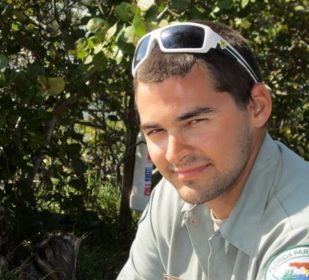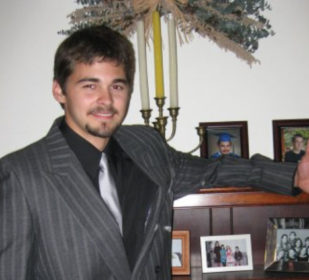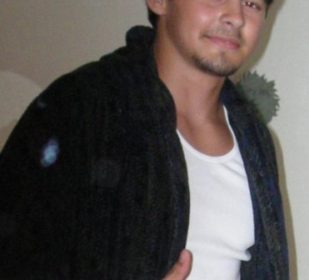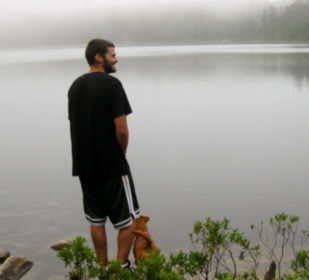Luke’SkyWalk is dedicated to grieving parents and their children, especially those whose deaths were unexpected. My son Lucas Boyd lost his life in a tragic car accident in 2014 at the age of 25. No parent can ever be prepared for that knock on the door at 2 a.m., and those terrible four words… “Your son is dead.” I am not an overly dramatic person, but like a teakettle left on too long, the wails emanated from the very depths of my being. While my mind tried to find an out–it was a case of mistaken identity! someone must have stolen his car! Maybe they had even gone to the trouble to copy his tattoo!– I pleaded with God to take me instead.
The grief of losing a child is so horrific, so shockingly against the natural order, that we don’t even have a single word in English to describe a parent who lost a child. The Chinese have an expression “The black haired should not go before the gray haired.” While Arabic, Chinese, and Hebrew have specific words to identify a mother or father whose child died, other cultures rely on expressions, such as Tagalog (Philippines) “ulila sa anak” meaning separated or ‘lost’ from a child. Having an identifying word will not increase our sorrow, but it will acknowledge and validate the deep pain we feel in our new, unwanted identity. We are not the same. Our hearts have been shattered and while we may, in time, piece the shards back together– even finding a semblance of Peace– we will never be the same. There is only ‘Before’ the tragic loss and ‘After’.
In searching for a term to define a parent whose child has died, I found I was not alone. Throughout history bereaved parents have lamented the lack of a single identifying word. I advocate that we take the step in the 21st century to adopt the Sanskrit word ‘Vilomah’ (literally, against the natural order) to fill this linguistic void. After all, Sanskrit gave us hundreds of words including Panther, lilac, and avatar. It is also the origin of ‘widow’. How strange that we have words in English for a spouse whose mate has died, or a child whose parents have died, but not for that most heart-wrenching, fist-clenching, mind-numbing and life-changing event, the death of a child.
Out of the deep pain and debilitating fog of loss I experienced (or didn’t, given my numb state of total disbelief) I received a message….reach out to others, help young men and women, before tragedy strikes. In 2014, the four leading causes of death among young people aged 15-34* in the United States were traffic accidents, poisoning (including overdoses), suicide, and homicide. Male fatalities far outnumber those of female. A total of 45,358 young Americans died in 2014 due to the above causes alone, which the CDC refers to as “preventable deaths.” Yet Ebola, in 2014, and now Zika dominate the national dialogue! Where is the outrage? Where is the concern for this nationwide crisis? Our young people are dying. Our sons and daughters wrenched from our lives, in some cases before starting a family, getting their first real job, voting, or even graduating high school. Innocence and potential lost. Our future cheated. While the emotional burden falls on bereaved parents, this crisis leaves no family untouched. For who has not deeply felt the loss of a relative, or a classmate, or a neighbor, or even a celebrity? Gone too soon.
Together, we can reduce these tragic deaths. Currently five young adults in the U.S. perish PER hour, of a preventable cause. How many can we save?





